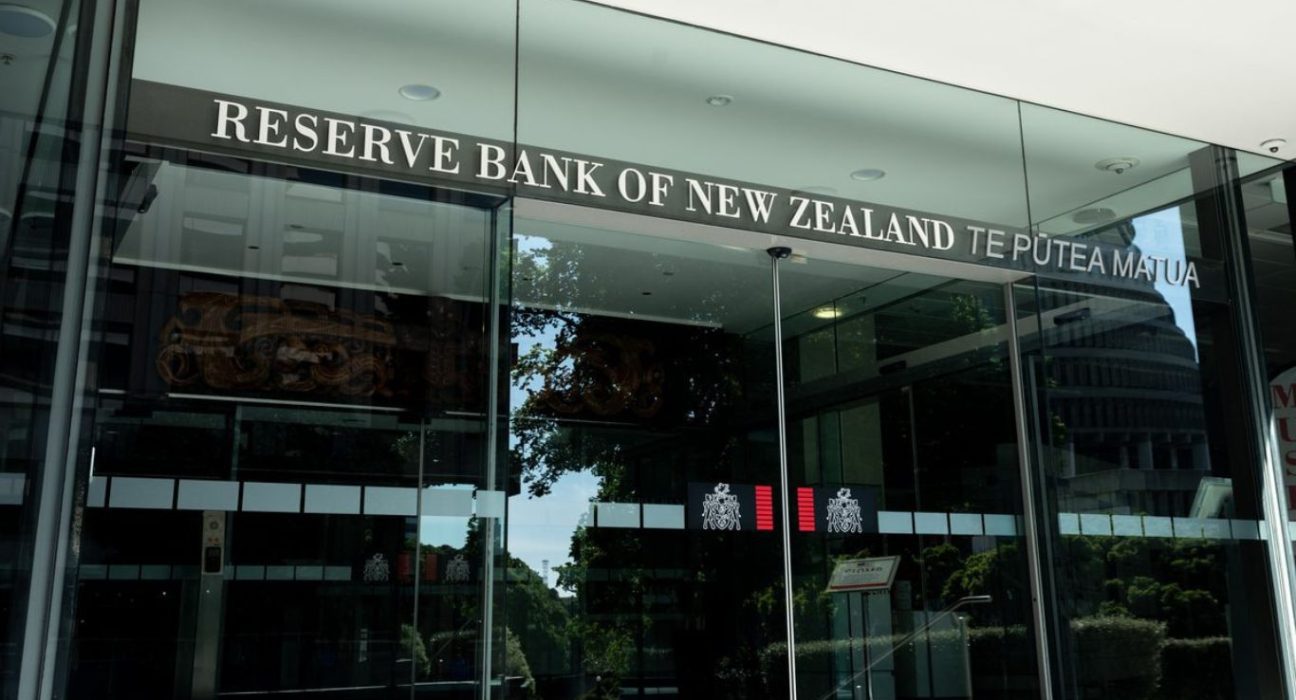The Reserve Bank of New Zealand is preparing to implement its final interest rate hike of a quarter point on Wednesday, marking the end of a highly assertive tightening cycle that began after the adoption of the cash rate in 1999. According to a recent Reuters poll, experts suggest that the central bank will then likely initiate a pause in rate adjustments until the end of the year. This comes after surprising financial markets with an unexpected 50 basis point hike to 5.25% in April, placing the Reserve Bank under increasing pressure to moderate its tightening pace due to the nation’s teetering economy, which faces the risk of a potential recession.
Economy Teeters as Reserve Bank Feels Pressure to Moderate
The New Zealand economy finds itself at a critical juncture, teetering on the verge of a potential recession. In response, the Reserve Bank of New Zealand embarked on an aggressive interest rate hiking campaign, signaling its commitment to curbing inflation and maintaining stability. However, the abrupt 50 basis point hike in April surprised financial markets and raised concerns about the potential negative impact on an already fragile economy.
Experts Anticipate a Pause in Interest Rate Hikes Until Year-End
In light of the economic uncertainties, experts believe the Reserve Bank of New Zealand will exercise caution and adopt a more measured approach moving forward. The Reuters poll indicates that the central bank is likely to pause its tightening cycle after the forthcoming quarter point rate hike. This adjustment is expected to bring the interest rate to a level that aligns with the bank’s objectives. The temporary pause will provide an opportunity for policymakers to assess the impact of previous rate hikes and evaluate the health of the economy before considering any further adjustments.
Implications for the New Zealand Economy
The Reserve Bank’s aggressive tightening cycle has had both positive and negative implications for the New Zealand economy. On one hand, it has helped contain inflationary pressures, ensuring price stability and safeguarding the purchasing power of consumers. Higher interest rates also attract foreign investors seeking better returns, which can bolster the nation’s currency.
However, the pace of rate hikes has introduced challenges. Businesses, particularly those in sectors sensitive to interest rates, such as housing and construction, may experience a slowdown as borrowing becomes more expensive. Consumers may also face increased costs on mortgages and loans, potentially dampening spending and economic growth. Additionally, the elevated interest rates may impact the exchange rate, affecting New Zealand’s export competitiveness.
Navigating Uncertainties and Assessing the Future
While the Reserve Bank’s decision to pause interest rate hikes will provide a temporary respite for the economy, uncertainties remain. The central bank will closely monitor key economic indicators such as GDP growth, inflation, employment data, and global economic trends to inform its future policy decisions.
It is worth noting that the Reserve Bank of New Zealand is not acting in isolation. Global factors, including geopolitical tensions, trade dynamics, and the policies of other central banks, can influence the nation’s economic outlook. Collaborative efforts and coordination among central banks may be required to manage potential spillover effects and ensure stability in the global financial system.
Conclusion
The Reserve Bank of New Zealand’s imminent interest rate hike, marking the culmination of an aggressive tightening cycle, comes at a critical time for the nation’s economy. Balancing the need to address inflationary pressures while avoiding potential recessionary risks, the central bank is expected to exercise caution and temporarily pause its rate adjustments until year-end. The decision will allow policymakers to evaluate the impact of previous hikes and assess the overall health of the economy. Nevertheless, uncertainties persist, and close monitoring of economic indicators will guide future policy decisions, ensuring stability and fostering sustainable growth for New Zealand.










